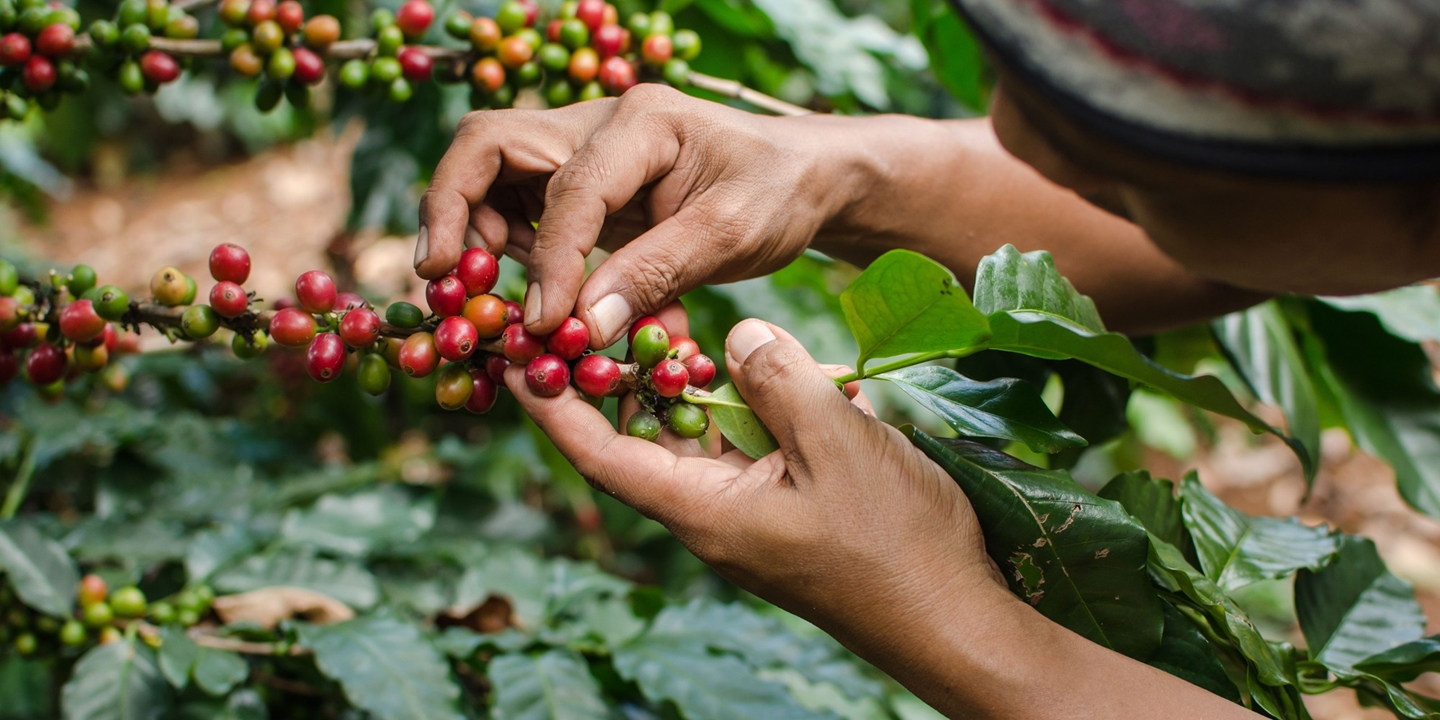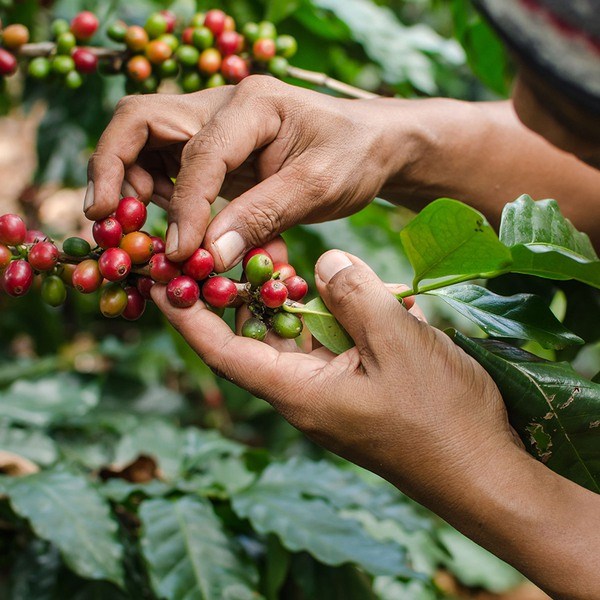
Arvid Nordquist has always maintained a clear focus on taste. However, today the flavour experience is not just limited to the tastebuds on the tongue or the aromas we take in. More than ever, we eat and drink with our conscience, which means that thoughtfully produced coffee simply tastes better.
All our coffee comes from sustainability certified coffee growers, guaranteeing cultivation that takes account of people and the environment. The coffee beans are carefully chosen by our buyers to meet our quality standards. Our roastery is environmentally certified in accordance with ISO 14001, under which we constantly work to reduce our environmental impact, with external auditors verifying our work. We also offset the environmental impact that remains.
All this gives our coffee an even better aftertaste. We call this our People Planet Coffee manifesto.
“Really good coffee is more difficult to come by than most people think. Every little bean that ends up on the store shelf has been carefully selected by Arvid Nordquist’s buyers, and then lovingly roasted at our facility in Solna.”



